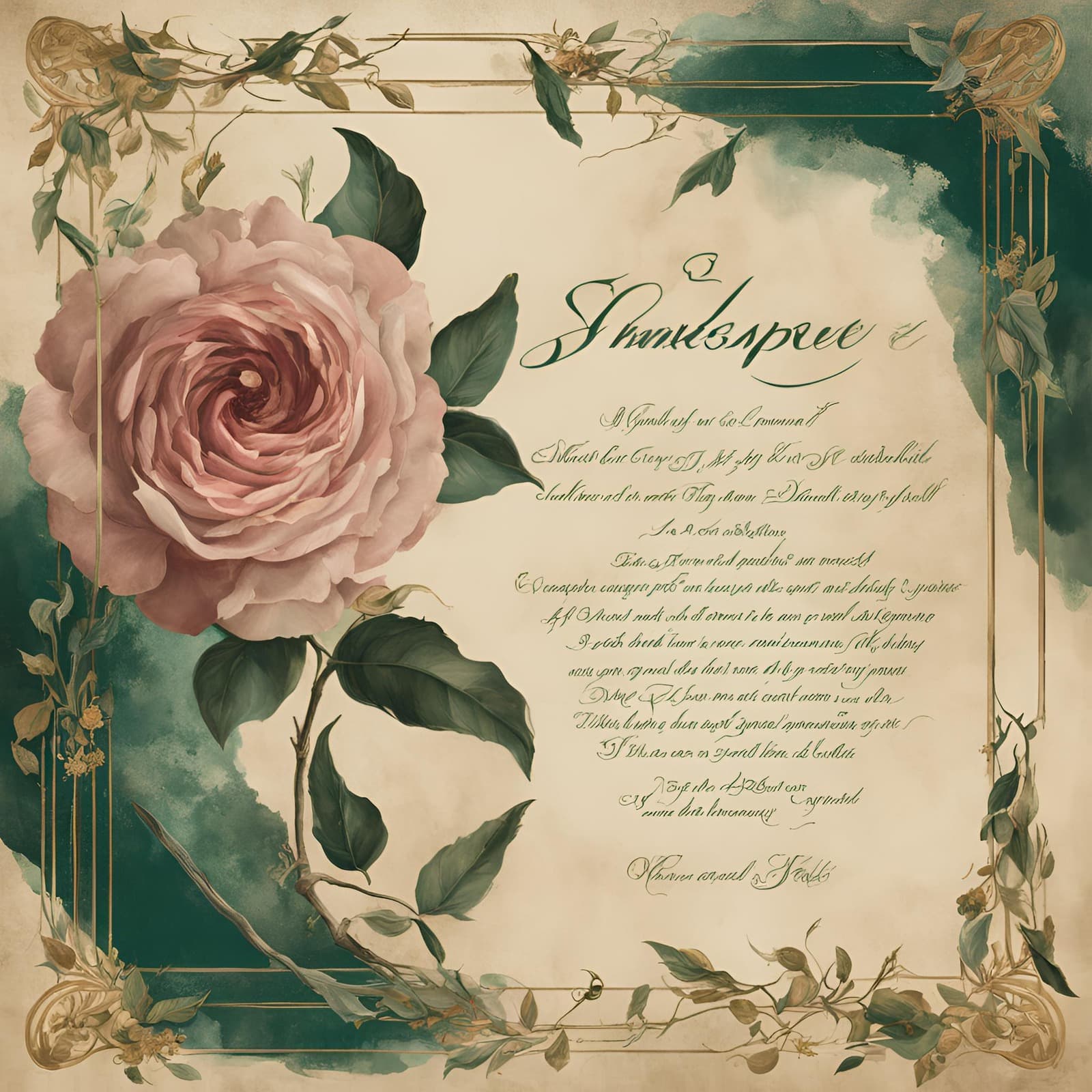莎士比亚十四行诗第41首 | 莎士比亚十四行诗
更新时间:1/19/2025, 12:32:27 PM

原文
Those pretty wrongs that liberty commits, When I am sometime absent from thy heart, Thy beauty and thy years full well befits, For still temptation follows where thou art. Gentle thou art, and therefore to be won; Beauteous thou art, therefore to be assailed; And when a woman woos, what woman’s son Will sourly leave her till she have prevailed? Ay me, but yet thou might’st my seat forbear, And chide thy beauty and thy straying youth, Who lead thee in their riot even there Where thou art forced to break a twofold truth: Hers, by thy beauty tempting her to thee, Thine, by thy beauty being false to me.
译文
有时候你心中没有了我这个人,
就发生风流孽障,放纵的行为,
这些全适合你的美和你的年龄,
因为诱惑还始终跟在你周围。
你温良,就任凭人家把你占有,
你美丽,就任凭人家向你进攻;
哪个女人的儿子会掉头就走,
不理睬女人的求爱,不让她成功?
可是天!你可能不侵犯我的席位,
而责备你的美和你迷路的青春,
不让它们在放荡中领着你闹是非,
迫使你去破坏双重的信约,誓盟——
去毁她的约:你美,就把她骗到手,
去毁你的约:你美,就对我不忠厚。
注释
诗人为其爱友找到了托辞。他的美貌、青春和离开诗人以后的无约束生涯,使他受了女人的迷惑。去拒绝一个女人的求爱是困难的;不过,他也许竟能拒绝她,而不至于双重地毁约吧。所谓双重毁约,指他爱上了那女人(诗人的情人),即对诗人负心,毁了他对诗人的约;又指他见爱于那女人,使那女人也对诗人负心,使她也毁了她对诗人的约。——第九行:“可能不侵犯我的席位”云者,大概是不来夺去诗人的情人之意。第十一行:“它们”指第十行中的“美”和“青春”。第十二行:“迫使你……”语气是从上面连下来的,并一直贯串到末句,即:“你可能……不让它们……迫使你去破坏双重的信约……”